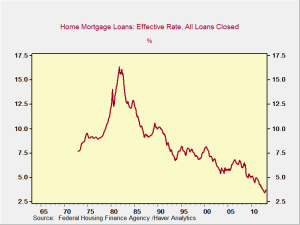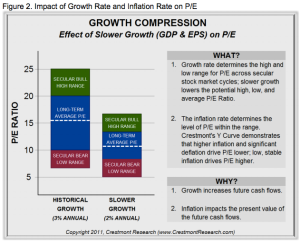I was going to touch on China and the U.S. markets today, but something happened over the weekend that’s such a good illustration of the points I made on Friday that I have to talk about it first.
Saturday afternoon, my dad forwarded me an investment offer he had received from an oil and gas sponsor in Kentucky. They wanted to sell him a 1/64-of-1-percent interest in oil and gas wells there for $2,500, for which they believed he could receive a payout of about 90 percent of his initial investment in year one.








